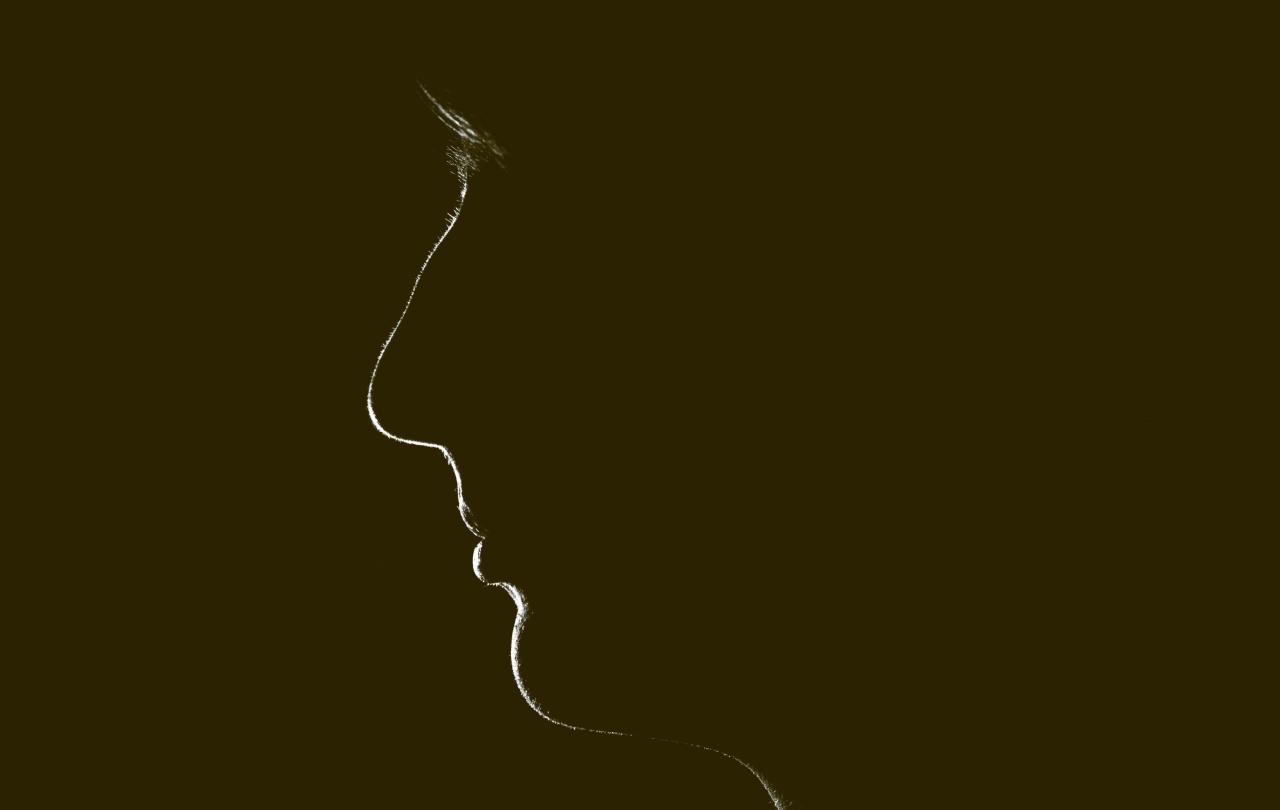
Christmas before last, we ran out of milk on Boxing Day. An emergency of epic proportions that had to be remedied immediately with a trip to ASDA. Stepping out of the howling wind into the sanctuary of the entrance of ASDA, shaking my hood out of my face, I saw them. My stomach sank, dread rose, I heard my blood rushing in my ears… the Creme Eggs were back.
This may be a slightly exaggerated account. But there really were cream eggs at that ASDA. On Boxing Day. Now, I don’t want to launch into ‘back in the day…’ wailing or a bemoaning of the ignorant capitalist machine (that’s an article for another day…). But that moment really did give me pause.
Why does it matter? Well, I suppose in the grand scheme of things, it doesn’t. It mattered only because of what it represented to me: a rushing onwards, an inability to properly acknowledge and celebrate the seasons, a restlessness.
I have long found this (ever increasing) tendency to rush from one season to the next unhelpful and difficult to deal with. Every year, I am labelled the token grinch for refusing to join in the ‘Christmas cheer’ before December. I have, at times, leaned into that moniker. But it’s not actually true. I do like Christmas. All 12 days of it. None of which are in November, let alone October! (we’re getting dangerously close to rant-territory now.)
I love the anticipation of Advent. I find the slow blossoming of Spring every year one of the most joyful experiences we in temperate climes are lucky enough to witness. I enjoy the slowing down, the preparation of Autumn. I take comfort in the opportunity Winter gives for taking a break, for taking stock, re-evaluating, laying old things to rest. I find days like Ash Wednesday and All Saint’s Day so helpful and important. I don’t want to rush past Lent to Easter and chocolate.
I did not grow up in a liturgical tradition. So, when I joined a Church of Scotland a few years ago that marked these days and seasons, I felt like I had finally found a frame for my wandering.
Marking each season for what it is, appreciating its gifts, being present in the moment, not rushing ahead (or lagging behind) is so valuable. It gives me a ground, a certain foundation when everything else feels like it’s spinning, faster and faster. The news never stops, social media races past me and before I know it it’s time for pumpkin spice lattes, hot cross buns, Wham!ageddon, and Halloween, all at once. But Christmas is always on the 25th of December. Easter is always preceded by Lent and followed by Pentecost. Going through the year with these way-markers helps me to keep both feet on the ground and my gaze on the path ahead.
I’m not particularly invested in how exactly each season is marked. Whether it is cream eggs, or pumpkin spice, the first crocus, or the celebration of a saint’s feast, we all find different things helpful and attractive. What I do think is important is to recognise and mark the seasons.
I read a lot of headlines and posts at the start of the year that talked about how to beat the ‘overwhelm’ of modern daily life. I don’t pretend to know the answer or have a cure-all. I do think that one thing that can help is to step out of the consumerism-driven, ever-rushing, ever-increasing race through the seasons that never lets us stop for a minute to rest and reflect on the moment we are in right now.
So whether you want to mark Lent in a more traditional way, by giving something up, maybe attending an Ash Wednesday service, reflecting on life and death, or by perhaps buying yourself a bouquet of daffodils. I encourage you to mark this season in some way. Before rushing on to the Creme Eggs.
Join with us - Behind the Seen
Seen & Unseen is free for everyone and is made possible through the generosity of our amazing community of supporters.
If you’re enjoying Seen & Unseen, would you consider making a gift towards our work?
Alongside other benefits (book discounts etc.), you’ll receive an extra fortnightly email from me sharing what I’m reading and my reflections on the ideas that are shaping our times.
Graham Tomlin
Editor-in-Chief





